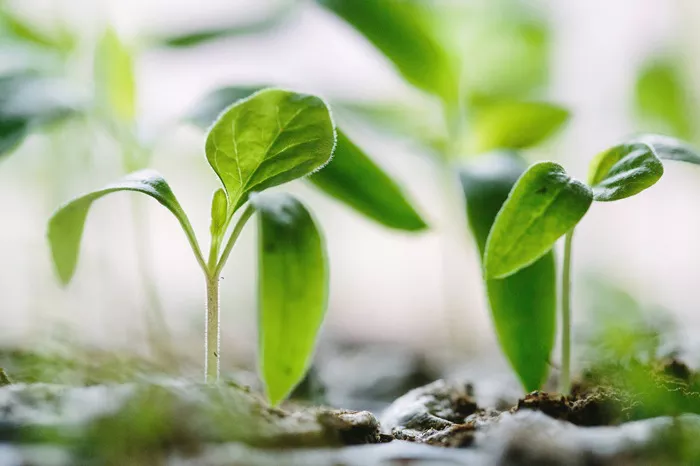Plant Stem Cells: A Key to Future Agricultural Advances.
Stem cell research is gaining momentum, with its potential to revolutionize human medicine. While much focus has been on animal and human stem cells, there’s an equally important but often overlooked aspect: plant stem cells.
Huanzhong Wang, a professor of plant molecular biology at the College of Agriculture, Health and Natural Resources (CAHNR), emphasizes the significance of plant stem cells. “It’s not just humans and animals,” Wang asserts. “Plants have stem cells too, and they deserve our attention.”
In plants, stem cells are crucial for growth and development. They are found in roots, shoots, and vascular systems, where they regulate cell division and differentiation. “Plants can grow for many years because various types of stem cells allow them to expand both above ground and below,” Wang explains. “To develop a thicker stem or trunk, plants need different types of stem cells.”
Despite their importance, plant stem cells have been largely ignored in research due to their limited direct applications for human health. However, Wang’s research suggests that a deeper understanding of these cells could enhance food security and agricultural resilience.
Wang’s team has spent years studying how plant stem cells, especially those in vascular bundles—which transport water and nutrients—regulate growth. Their recent paper in New Phytologist highlights a breakthrough in this area. The study identified a transcription factor gene, HVA, which regulates cell division in vascular stem cells.
The research team found that overexpressing the HVA gene leads to an increased number of vascular bundles and heightened stem cell activity. In their experiments, plants without HVA overexpression had between five and eight vascular bundles. Plants with one copy of the overexpressed HVA gene had more than 20 bundles, and those with two copies had over 50.
These findings not only advance our understanding of plant biology but also have significant implications for agriculture. Plants with more vascular bundles are sturdier and better able to withstand wind. This insight could be used to develop more robust crop varieties, particularly for tall crops like corn, which is crucial in U.S. agriculture.
“When plants grow taller, they risk toppling over,” Wang notes. “More vascular bundles help them remain upright and resilient.”
Though Wang’s research used a mustard family model organism, the HVA gene is present in other plants as well, suggesting broader applications. HVA is part of a large family of transcription factors, and Wang is keen to explore the roles of other related genes.
“We are interested in studying other genes in this family to understand their functions,” Wang says. “Further research could reveal more about how this gene family influences vascular development.”


